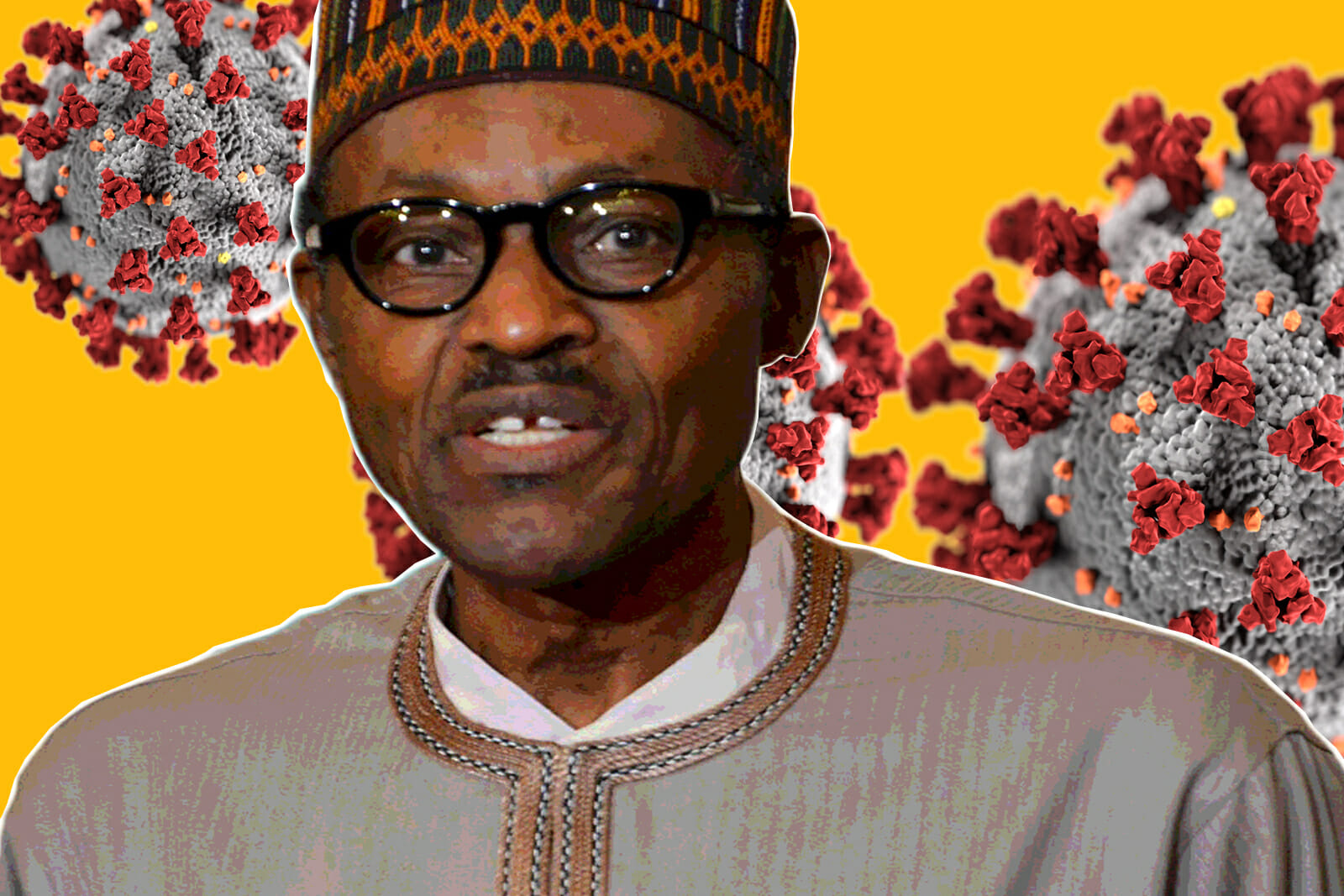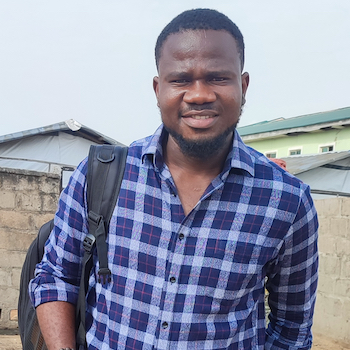
Amid COVID-19, Nigerians Fear a Deadly Threat
As Nigeria continues to grapple with the daily increase in the number of coronavirus cases, a more worrisome situation is emerging- human rights abuses by security forces trying to enforce lockdown orders.
While the latest data from the Johns Hopkins University’s COVID-19 tracking map shows that the country has so far recorded a total of 19 deaths with 542 cases since the virus was first detected, a report released by the National Human Rights Commission, shows that at least 18 people have been killed by security forces while enforcing lockdown measures. If left unchecked, it’s likely that security forces will have killed more citizens than the virus itself.
In the report, the NHRC said it received and documented 105 complaints of incidents of human rights violations carried out by security forces in 24 of Nigeria’s 36 states and Abuja, the capital.
The commission accused the Nigerian Correctional Service of carrying out eight of the killings and the Nigeria Police Force, seven, while the Nigerian army was behind two and a State Task Force responsible for one of the killings between March 30 and April 13.
It noted that most of the violations witnessed during the period arose as a result of “excessive or disproportionate use of force, abuse of power, corruption and non-adherence to national and international laws, best practices and rules of engagement.”
On Monday, Muhammadu Buhari, Nigeria’s president, announced an extension of the initial two-week lockdown period in Lagos, Abuja and Ogun as part of continued measures to tackle the further spread of COVID-19.
The initial 14-day lockdown period was enforced by the president on March 30th. Other states had set a number of restrictions, which have seen the police, the army, and other security forces called out to enforce them.
Where the problem lies
Essien Kiet completely depends on his daily income from electrical installations to survive. But since the lockdown, he has not been able to work. He has been staying indoors.
He can’t go out for fear of being caught and beaten by security forces all in the name of enforcing the lockdown.
“Even when I get someone to work for, I can’t go to the market to buy material for installation since everywhere is locked down. Eating is a problem now,” he remarked.
Like Kiet, many Nigerians, including cleaners, food sellers, street vendors and others who earn daily income and make up the informal job sector are faced with the current realities of no work, no pay and no food.
The extension of the lockdown is expected to add to the hardship already being faced by a vast majority of Nigerians, with over 200 million, most of whom live on daily earnings.
Government relief packages, not working
Nigeria’s government had promised a number of support measures to help ease the financial burden for the poor in the country within the lockdown period.
On Monday, during President Buhari’s second address to Nigerians, he directed that roughly $50 be paid to each vulnerable household through the National Cash Transfer scheme to cushion the economic impact of the lockdown.
Sadly, there have been widespread allegations of lack of transparency and discrepancy in the disbursement of both funds and relief materials. The National Cash Transfer Office (NCTO) infographics created on April 11, 2020, and made public by the International Centre for Investigative Reporting (ICIR), revealed discrepancies in the cash transfer scheme.
In a statement, the anti-corruption group, Human and Environmental Development Agenda, accused the Minister of Humanitarian Affairs and Disaster Management, Sadiya Umar Farouq, of confusing the Conditional Cash Transfer programme launched in 2016 with the palliative measures aimed at reducing the economic hardship associated with the COVID-19 spread and the government’s lockdown directive.
The group demanded due process and transparency in the disbursement of local and international donations the government had received to support the fight against the pandemic.
Allegations of human rights violation by the army
Before now, both local and international rights advocates have accused the Nigerian police and the military of violating human rights with excessive use of force.
In response to a series of allegations of human rights abuses in the past few years, the Nigerian army announced the creation of a Human Rights Desk in 2016 composed of six legal officers from the Nigerian Bar Association and the legal section of the army.
The new body was tasked with the duty of investigating allegations of human rights abuses perpetrated by military personnel and also working to strengthen the army’s capacity to protect human rights and report annually on progress.
At an accountability forum on civil-military relations in Abuja in 2019, Capt. Veronica Williams, the Nigerian army’s Human Rights Desk Officer, disclosed that the desk received 350 alleged human rights violation complaints against its personnel in three years.
Williams explained that: “Assault, torture, cruel, inhumane and degrading treatment received the highest complaints with 15 percent. Trespass, unlawful eviction, and compulsory acquisition had 10.9 percent, while unlawful arrest, detention and enforced disappearance received 10.6 percent complaints among others.”
Olu Omotayo, the president of the Civil Rights Realization and Accountability Network, says leaders in various states with human rights violations are to be held responsible.
“The president only issued the lockdown order to regulate human activities amid the virus. It does not in any way mean that our rights have been suspended. State governors are supposed to order security forces to ensure they don’t infringe on the rights of the people,” he said.
He says it is unreasonable for the government to lockdown citizens, most of whom earn daily income, not provide them with food and money and expect them to stay indoors.
“If it becomes too necessary that anybody who violates the lockdown orders in search for food should be punished, there is the court that decides what punishment is due,” he said, adding that the basis of any democracy is the respect for fundamental human rights, part of which is the right to life.
There are fears that citizens will suffer more human rights abuses, as the lockdown continues.
